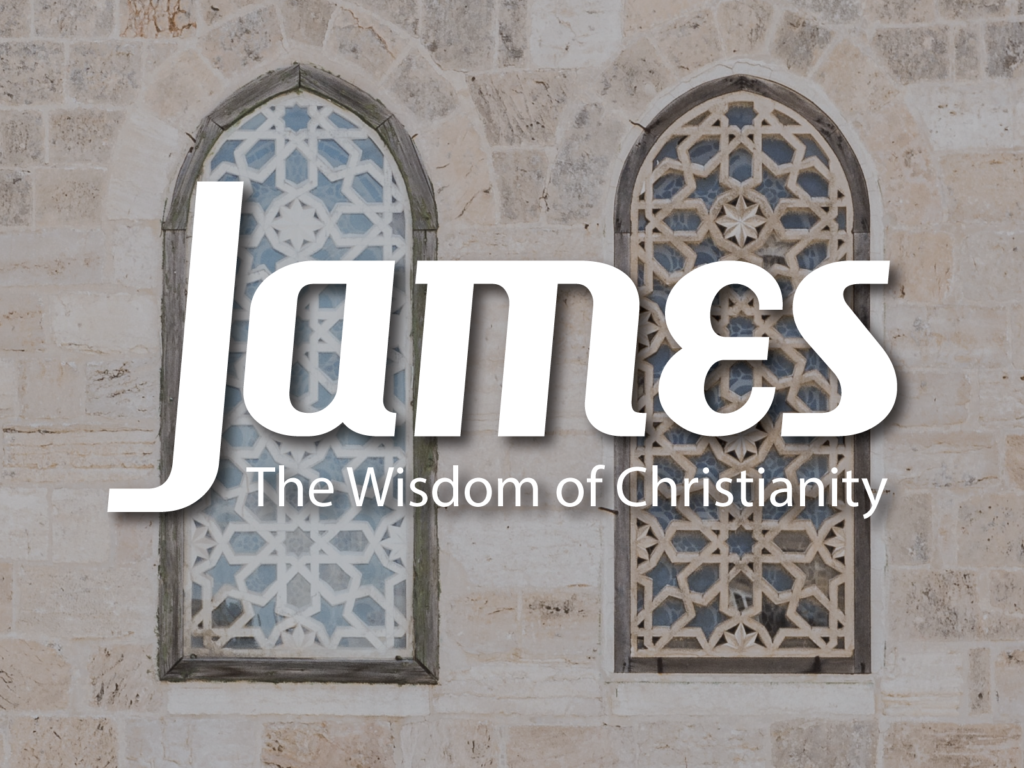In the previous section, James set the stage for what will be the great theme of the middle portion of his letter. By contrasting empty religion with religion that is pure and undefiled before God the Father, James establishes that the practices of Christian worship and devotion must be joined with self-control, care for the vulnerable, and holiness or those outward expressions of love for God will be vain, emptied of their substance.
Continuing on, James pleads his case against the sin of partiality or playing favorites. The sin of partiality is treating people differently based upon outward or fleshly considerations for the sake of gaining worldly advantage. It was a sin in James’ day and continues to be in our own. It is a sin at which the world excels. But what of the church? Do we not struggle with the temptation to show special honor to those who we believe will provide us with the best advantages? Are we not tempted to give the seat of honor to the rich man while ignoring the one who is poor?
James draws our attention to “the Lord of glory,” Jesus Christ (vs. 1) as the ultimate rebuke against such partiality. It was in Jesus that the disciples behold the glory of God. To look upon Jesus was to see God in the only what that humanity could do so. And in beholding the Lord of glory we see the One who, though rich, became poor for our sake (2 Corinthians 2:8-9). Though Jesus is God in the flesh he took upon himself the form of a servant (Philippians 2:7). In Jesus Christ, God demonstrated his special care for the lost and pitiable. That is why to treat the poor and pitiable in this life as less than the rich and advantaged is tantamount to denying our faith altogether.
More From This Series

James: The Wisdom of Chrsitianity
- Part 16: Prayer and Care in the Body of Christ 09/12/21
- Part 15: Enduring to the End 09/05/21
- Part 14: Riches That Rot 08/29/21
- Part 13: A Christian Way of Speaking 08/22/21
- Part 12: More Grace 08/15/21